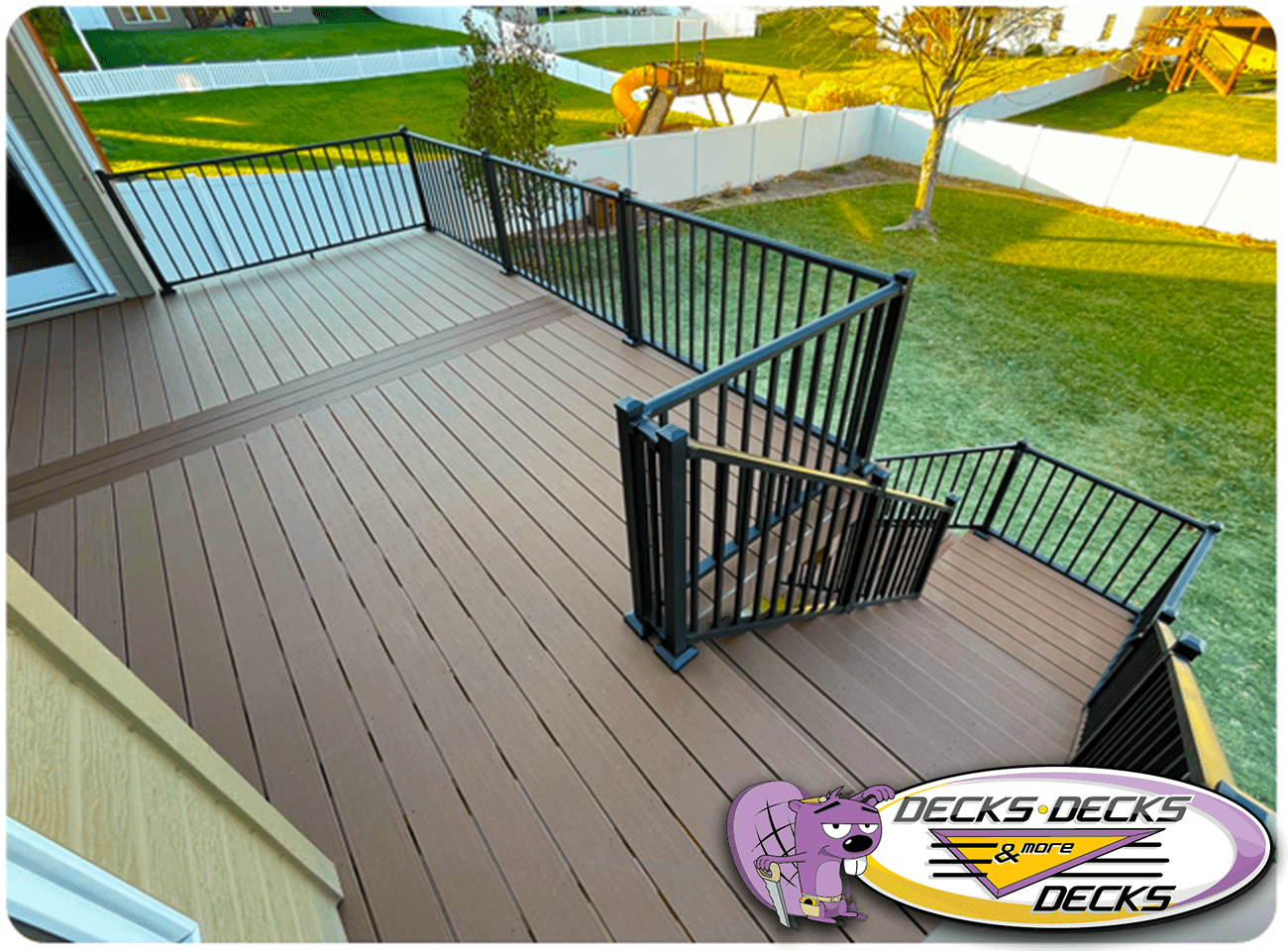How Deck Design Affects Home Appraisal: What Real Estate Agents Wish You Knew
A well-built deck can feel like the crown jewel of your backyard—but when it comes time to sell your home, will buyers see it the same way?
The short answer: it depends.
Decks can absolutely increase your home’s value, but not all decks are created equal. Real estate agents and appraisers look at certain features, materials, and functionality when deciding if your outdoor space is an asset—or just an add-on.
Let’s explore how smart deck design can seriously boost your home’s appraisal—and what to avoid if you want your investment to pay off.
1. Yes, Decks Add Value—If They’re Done Right
A quality deck adds square footage of usable living space. That’s a big plus in the eyes of buyers and appraisers alike. According to Remodeling Magazine’s Cost vs. Value Report, a deck can return around 65–75% of its cost in added home value.
But here’s the catch: only decks that are functional, durable, and well-maintained actually add value. A rickety, outdated, or unsafe deck? That’s a liability.
2. Material Matters
Real estate agents agree—composite decking is the current gold standard. It’s low-maintenance, long-lasting, and looks polished even after years of use.
Wood decks are still popular (and often less expensive up front), but appraisers may knock off value if the boards look worn, splintered, or weathered. The less maintenance a future buyer has to do, the better.
Best value-boosting materials:
- Composite (especially in neutral, timeless tones)
- Pressure-treated wood (if well-maintained)
- Aluminum or steel railings (clean, modern, and durable)

3. Size, Layout, and Flow Matter More Than You Think
Bigger isn’t always better—but functional layout is everything.
A well-designed deck that flows naturally from your home—especially if it’s connected to the kitchen or living space—is more valuable than an oversized, awkwardly-placed structure in the yard.
Key layout tips that appraisers and agents love:
- Seamless transition from indoor to outdoor space
- Clear zones for dining, lounging, and/or grilling
- Stairs and railings that match code and style
- Easy access to the yard, pool, or garden
4. Extras That Catch a Buyer’s Eye
Want to really stand out on the MLS? Deck features that scream “lifestyle upgrade” can have a big psychological impact on buyers—and appraisers take note of that.
Features that may increase perceived and real value:
- Built-in seating or planters
- Under-deck drainage systems for dry storage
- Pergolas or partial covers for shade
- Custom lighting systems
- Privacy screens or decorative railing panels
Even if these don’t all get formal dollar amounts in the appraisal, they help create that wow factor that pushes buyers to act fast.
5. What Hurts Your Deck’s Value?
There are also a few things that can drag your appraisal down:
- Deck is clearly DIY and not up to code
- Rotten boards, sagging rails, or rusted hardware
- Wild color choices that clash with the home
- Invasive plant growth or poor landscaping around the deck
- Deck blocks natural light from windows or looks oversized for the yard
An outdated or neglected deck can actually become a red flag for buyers, especially in competitive markets.
6. Pro Tip: Appraisers Love Permits
Want to make sure your deck counts toward appraisal value? Get it permitted. A permitted structure tells the appraiser it’s legit, up to code, and safe—making it easier to include in the overall value of your home.
If your deck was built without permits, be ready to supply detailed construction info, materials used, and photos of the build.
Final Thoughts: Design for You, But Plan for Resale
You should absolutely design your deck to fit your lifestyle. But if you’re even thinking about selling in the next 5–10 years, it pays to take resale into account. Choose neutral tones, modern materials, and versatile layouts—and avoid shortcuts that could cost you later.
Because when done right, a great deck doesn’t just look good—it sells homes.
 free estimates: (402) 690-1050
free estimates: (402) 690-1050

